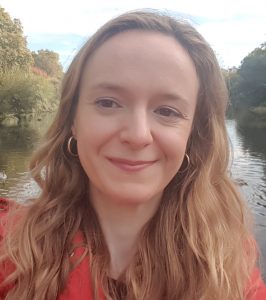Archival revolution: how born-digital archives are changing the way we do research
On Tuesday 28 May, at 2.15 p.m., Lise Jaillant will give a talk in the Milstein Room, University Library, West Road, on “Archival revolution: how born-digital archives are changing the way we do research”.
Addressing questions such as how the digital revolution will impact disciplines such as history and literary studies, how we can best ensure that born-digital documents are preserved and remain accessible over time, and how we can design new methods to use archives of digital information, Dr Jaillant will present her current projects to preserve born-digital archives, make them more accessible, and produce new knowledge.
While we still have letters, manuscripts and other physical documents from the past centuries, we are in danger of losing digital documents created in the last decade. Literary scholars rely on the traces left by writers – from correspondence to drafts – which now take the form of born-digital records. Publishing historians also need access to the records left by publishing companies. Emails and other digital forms of communication have largely replaced letters and memos, and yet, safeguarding digital archives remains an enduring challenge for archivists. Electronic records risk becoming unreadable due to rapidly changing formats and technologies. Even when digital archives are actively preserved, they are often closed to researchers due to data protection and other issues. It is time to actively engage with the digital revolution by making access easier and designing new research methods to fully exploit born-digital archives.
Dr Jaillant’s current work focuses on born-digital archives, looking particularly at the poetry publisher Carcanet Press. This project is funded by a Leadership Fellowship from the Arts and Humanities Research Council, and builds on an earlier project funded by a British Academy Rising Star Engagement Award: “After the Digital Revolution: Bringing together archivists and scholars to preserve born-digital records and produce new knowledge.”
Admission to the talk is free, and all are welcome. No booking is required.

